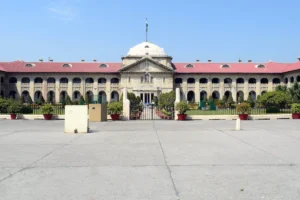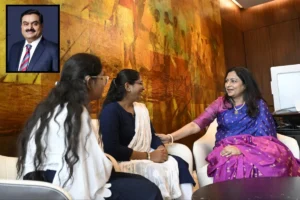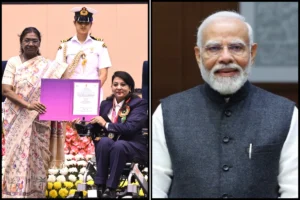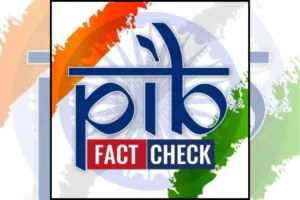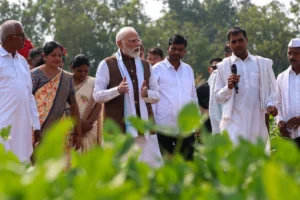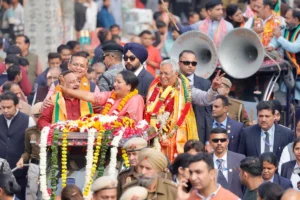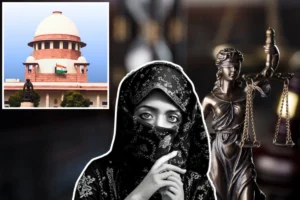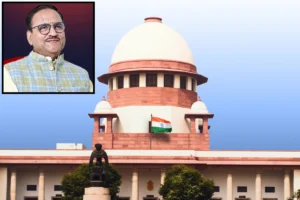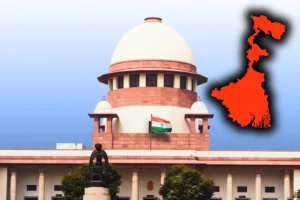
On Sunday, Prime Minister Narendra Modi declared that the government was updating the laws while taking into account the current situation and that these measures will further fortify India in the future.
Speaking at the Supreme Court’s 75th-anniversary celebrations in this place, he declared that India’s legal, policing, and investigative systems had entered a new era with the passage of three new criminal justice laws.
“It is important to ensure that the transition to the new laws from the ones dating back hundreds of years is smooth. In this regard, we have already started training and capacity-building work for government employees,” the prime minister said.
Modi urged the Supreme Court to come forward to work towards the capacity building of other stakeholders.
“An empowered judicial system is a part of ‘Viksit Bharat’. The government is working continuously and making many decisions to form a trusted judicial system. The Jan Vishwas Bill is a step in this direction. In the future, this will reduce the unnecessary burden on the judicial system,” the prime minister said.
Also read: Madhya Pradesh CM Yadav Reaches Jaipur To Discuss Eastern Rajasthan Canal Project
According to him, the mediation law will improve the alternative dispute resolution process while also lessening the load on the courts.
The prime minister claimed that the Supreme Court has improved India’s thriving democracy and rendered numerous significant rulings on speech and individual rights that have reshaped the sociopolitical landscape of the nation.
“Today’s economic policies of India will form the basis of tomorrow’s bright India. The laws being made in India today will further strengthen tomorrow’s bright India,” the prime minister said.
“Laws made today will brighten the future of India. With changes happening globally, the world’s eyes are set on India, as the world’s faith is growing stronger in India. In such times, it is important for India to take advantage of every opportunity given to it,” Modi said.
He also mentioned that the Supreme Court building’s expansion received government approval last week for an amount of Rs 800 crore.
Modi joked that he hoped no one would bring a petition challenging the top court’s infrastructural expansion.
He also mentioned a possible legal challenge to the proposed new Parliament building.
Prime Minister Modi stated that the nation’s top priorities are ease of living, ease of doing business, ease of communication and travel, and ease of justice.
“Ease of justice is the right of every Indian citizen and the Supreme Court of India, its medium,” he said.
To ensure last-mile justice delivery, the prime minister noted the recent decision on phase III of the e-courts project to improve the digital infrastructure of subordinate courts.
Expressing happiness at the availability of decisions in a digital format and the beginning of the project of translating Supreme Court decisions into local languages, Modi hoped for similar arrangements in other courts of the country.
Also read: Madhya Pradesh CM Yadav Reaches Jaipur To Discuss Eastern Rajasthan Canal Project
Although there may be some teething issues with technology, he said it opens up new possibilities for better justice delivery.
Modi also mentioned that Justice M. Fathima Beevi, the country’s first female Supreme Court judge, recently received the Padma Bhushan.
Law Minister Arjun Ram Meghwal, other judges from the Supreme Court, and Chief Justice of India D Y Chandrachud were in attendance.
Additionally, Modi introduced citizen-focused information and technology projects, such as Digital Courts 2.0, Digital Supreme Court Reports (Digi SCR), and a redesigned Supreme Court website.
Source: PTI
To read more such news, download Bharat Express news apps







